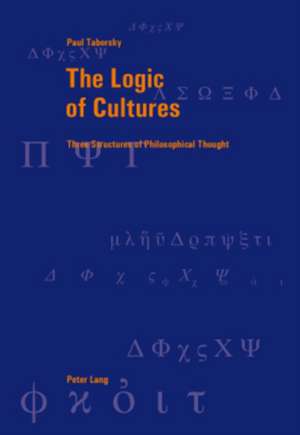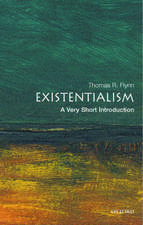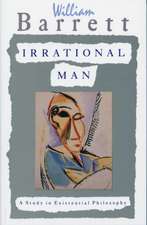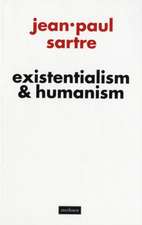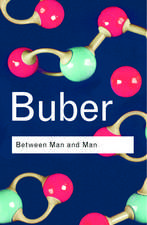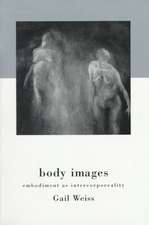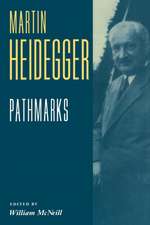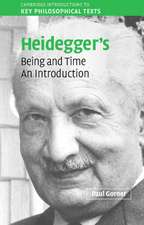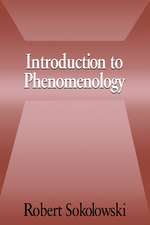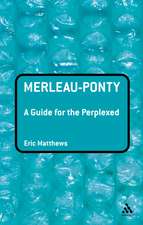The Logic of Cultures: Berner Reihe Philosophischer Studien, cartea 41
en Limba Engleză Paperback
Such conceptual schemes involve a host of philosophical dilemmas (such as the problem of relativism), which are examined in the first chapter. A number of naturalistic and transcendental approaches to this problem are also analysed.
In particular, the book attempts to construct a theoretical basis for Foucault's tripartite classification of epistemological structures in European thought.
The final chapter attempts to buttress the above schema by extending the analysis from cause and identity to growth, change, and stability, critiquing certain ideas of Foucault and Heidegger, as well as examining the contemporary thought of process philosophy and complexity theory.
Preț: 551.07 lei
Preț vechi: 598.99 lei
-8% Nou
Puncte Express: 827
Preț estimativ în valută:
105.45€ • 108.95$ • 87.72£
105.45€ • 108.95$ • 87.72£
Tipărit la comandă
Livrare economică 15-21 martie
Preluare comenzi: 021 569.72.76
Specificații
ISBN-13: 9783034303781
ISBN-10: 3034303785
Pagini: 266
Dimensiuni: 210 x 150 x 19 mm
Greutate: 0 kg
Editura: Peter Lang Gmbh, Internationaler Verlag Der W
Seria Berner Reihe Philosophischer Studien
ISBN-10: 3034303785
Pagini: 266
Dimensiuni: 210 x 150 x 19 mm
Greutate: 0 kg
Editura: Peter Lang Gmbh, Internationaler Verlag Der W
Seria Berner Reihe Philosophischer Studien
Notă biografică
The Author: Paul Taborsky was born in 1964 in Toronto. In 1991 he obtained a degree in philosophy at the University of Toronto, with a concentration in the history of philosophy. He presently teaches in the English department of Centennial College in Toronto, Canada.
Cuprins
Contents: Plurality and Causality ¿ What is a Paradigm? ¿ Paradigms and Causal Structure ¿ Universality and Mathesis Universalis ¿ Temporality and Visibility ¿ Classical and Modern Probability Theory ¿ The Environment and Non-Monotonicity ¿ The Marburg School and the Limit Concept; Foucault¿s concept of `Man¿ ¿ Nineteenth Century Philosophy of Science ¿ A Dynamic Model ¿ Foucault and the Birth of the Clinic ¿ Process, Growth and Complexity ¿ Time and History.
